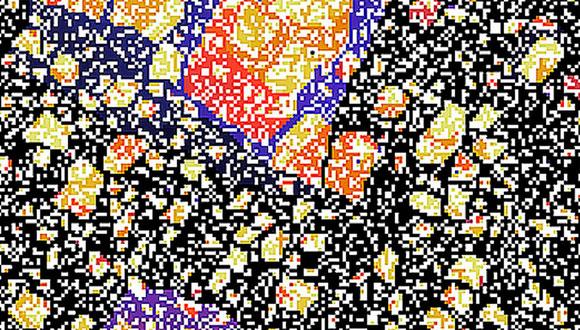Biological & Soft Matter Seminar: Mesoscopic simulations of liquid crystals: from a musket to the autocannon
Vladimir Rudyak, TAU
Abstarct:
In recent years, computer simulations have become vital in exploring the intricate world of liquid crystal (LC) systems. These systems, which include droplets, channels, cells, and polymer-dispersed LC materials, present both theoretical and practical interest. Computer simulations offer knowledge about the three-dimensional structure of a studied object, typically lacking in experiments. In many cases, finding it corresponds to an optimization problem. There is no ‘best’ method for any optimization problem. In general, the roughness of the energy profile and the dimensionality of the system are the two crucial points for the choice.Confined liquid crystal systems are characterized by a very rough energy landscape with plenty of local minima, particularly for cholesteric systems. Moreover, experiments often deal with metastable states with a short lifetime. Thus, it is practically essential to scan the energy landscape and find different structures corresponding to the most probable metastable states. It makes the Monte Carlo approach a good candidate.
For this, we developed massive-parallel GPU architecture software for Monte-Carlo stochastic optimization of confined liquid crystal systems. First, a pure simulated annealing approach utilizing extended Frank-Oseen elastic continuum theory proved to be very useful in solving simple nematic LC systems. Later, inspired by the latest progress in polymer physics through the use of the Stochastic Approximation Monte Carlo (SAMC) method, we developed and implemented its parallel version for LC simulations. We demonstrated it to be an extremely efficient method to obtain energy minima, discover energy landscape profiles and metastable states on examples of nematic and cholesteric LC droplets. At the same time, the approach and its implementation are not limited by elastic continuum theory and could be used with other methods too, for example, the Landau – de Gennes one.


